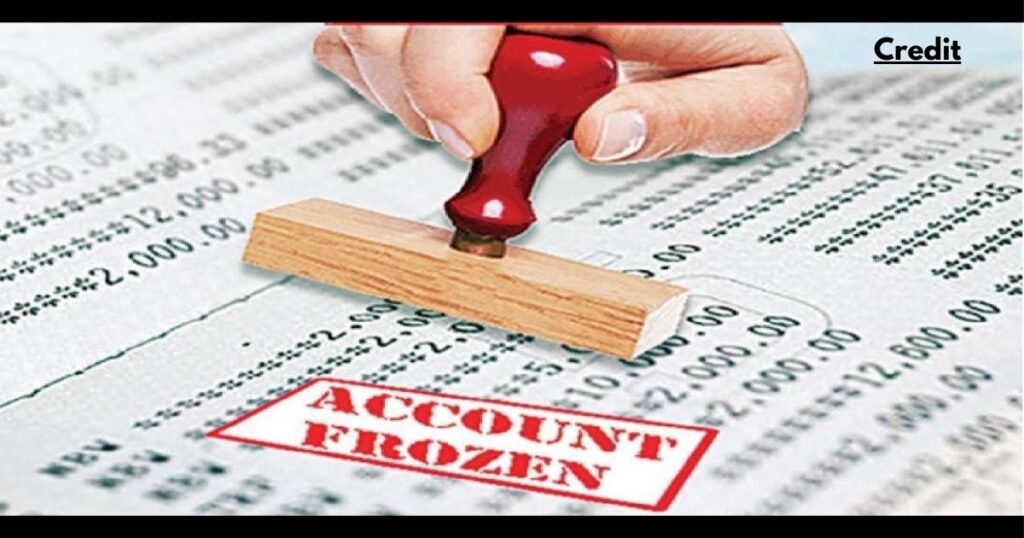Frozen accounts can be a shocking experience for anyone, and many people don’t fully understand how or why it happens. Whether it’s your personal checking account, credit card, or investment funds, the process of having your financial assets frozen can be stressful and confusing. But there are several secrets about frozen accounts that most people are unaware of. Here are seven unbelievable truths that your neighbors may not want you to know about frozen accounts.
1. Accounts Can Be Frozen for a Variety of Reasons
Frozen accounts aren’t always a sign of financial trouble or fraud. In some cases, banks or financial institutions will freeze accounts if they suspect unauthorized transactions or if there’s an ongoing investigation. Other common reasons for freezing accounts include unpaid debts, unresolved legal issues, or even mistakes made during account management.
2. Your Creditors Could Be Behind It
One of the less-known reasons an account may be frozen is a creditor action. If you’ve missed several payments or are behind on debt obligations, creditors may get a court order to freeze your account. This allows them to seize funds to cover the amount you owe, without you being able to access your own money until the issue is resolved.
3. Tax Issues Can Lead to Frozen Accounts
Many people are unaware that the government can freeze accounts if you owe back taxes. If there’s an outstanding tax debt, the IRS or state tax authorities may freeze your account until the debt is paid. This can extend to savings accounts, wages, or other financial assets, and the process can be long and difficult to undo.
4. You Have Limited Recourse to Unfreeze It
Once an account is frozen, the process to unfreeze it can be complicated. Often, the bank or creditor has legal grounds for freezing the account, which limits your ability to challenge the freeze directly. In many cases, you’ll need to provide documentation or resolve legal matters to regain access to your funds.
5. Joint Accounts Aren’t Always Safe
If you have a joint account with someone else, it’s important to know that the account could be frozen due to the other person’s actions. For example, if one account holder has a tax lien or other legal issues, the entire account may be frozen, affecting both parties. This is one reason many financial experts recommend keeping certain accounts separate.
6. Frozen Accounts Can Impact Your Credit Score
A frozen account can have a significant impact on your credit score. When an account is frozen, it may be reported to credit bureaus, and this can reflect negatively on your credit report. For instance, missed payments or unresolved legal matters connected to the freeze can harm your creditworthiness for years.
7. It’s Possible to Avoid Account Freezes
While account freezes are often unexpected, there are steps you can take to minimize the likelihood of them happening. Keeping your accounts in good standing, avoiding significant outstanding debts, and monitoring your accounts for suspicious activity can all help you avoid the situation of having your account frozen. Regularly check your credit reports and stay proactive about any financial obligations.
Conclusion
Frozen accounts can be a nightmare, but understanding the truths behind them can help you avoid getting caught off guard. Whether it’s due to debt, tax issues, or unexpected legal actions, knowing why and how accounts are frozen can give you the power to protect yourself. Stay informed, stay proactive, and keep an eye on your financial situation to prevent any surprises down the road.
For more information visit Frozen Accounts




Pingback: Unlock the Power of Fox Communities Credit Union: 10 Game-C